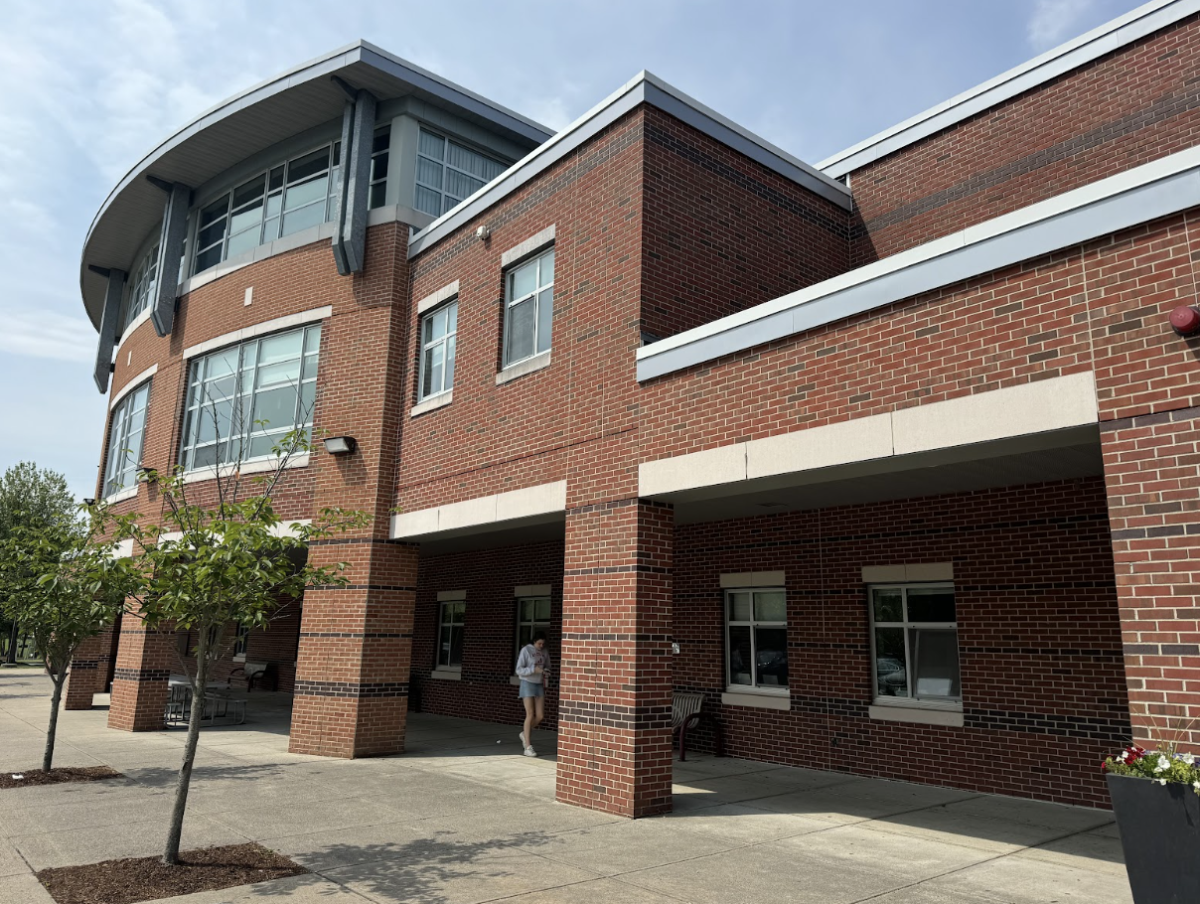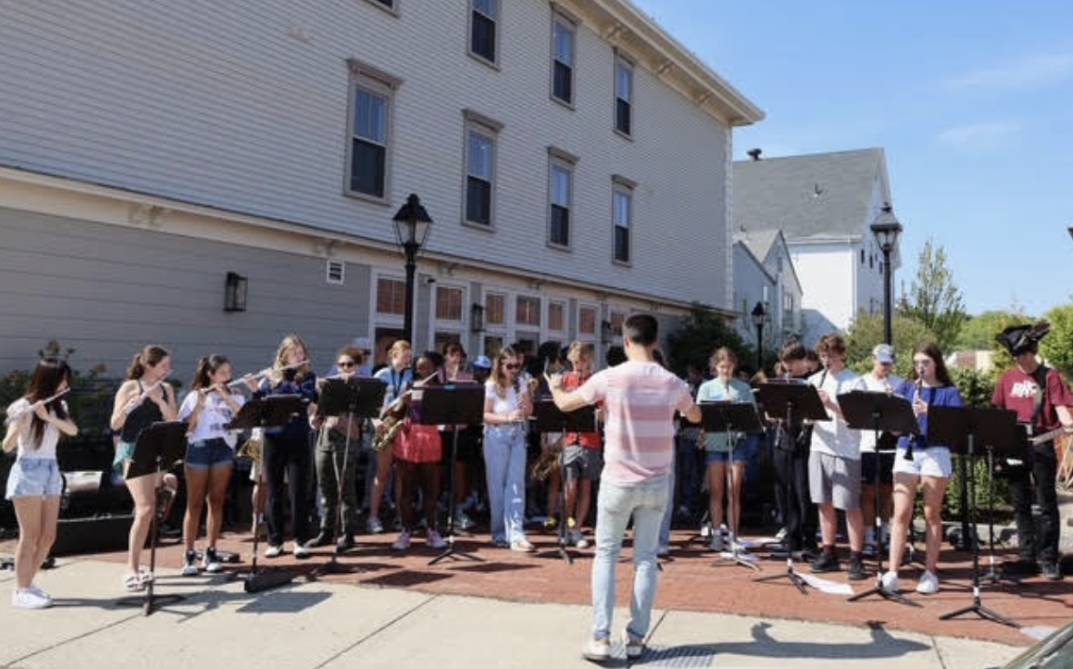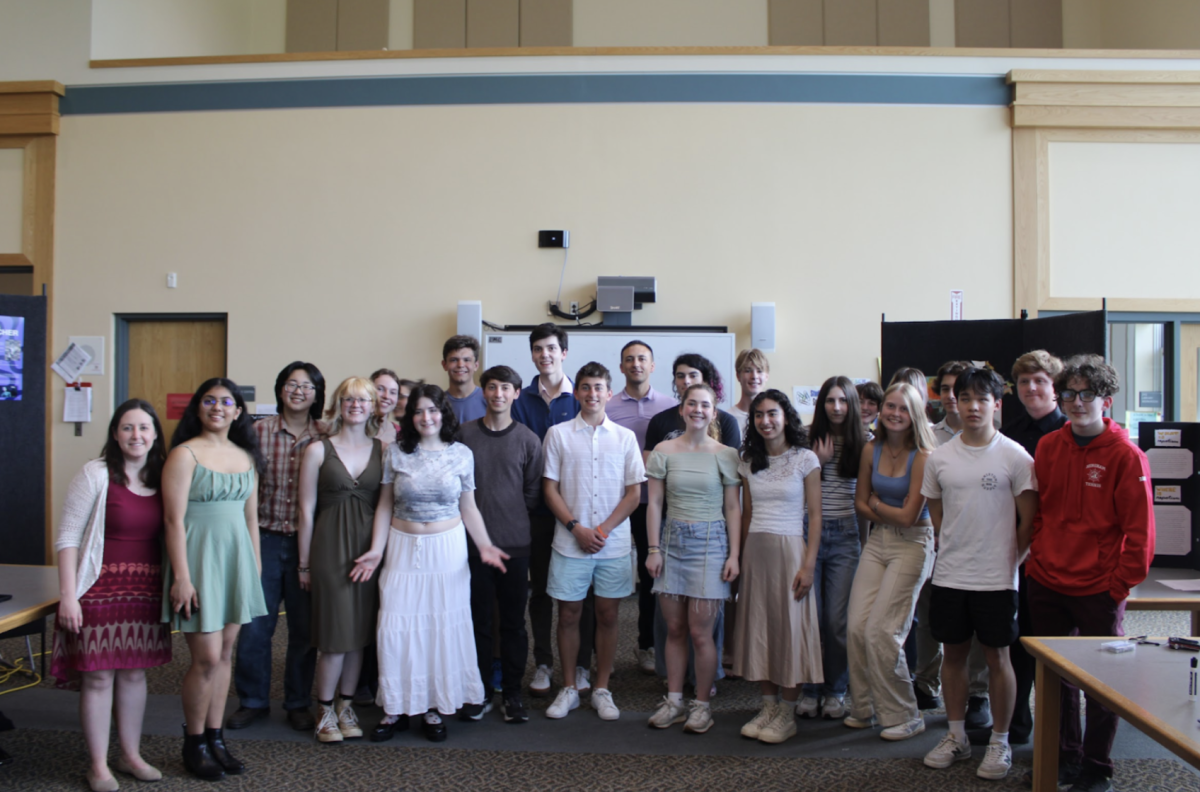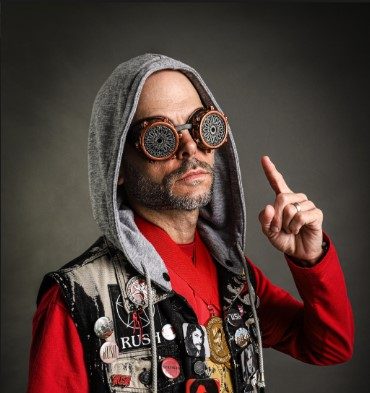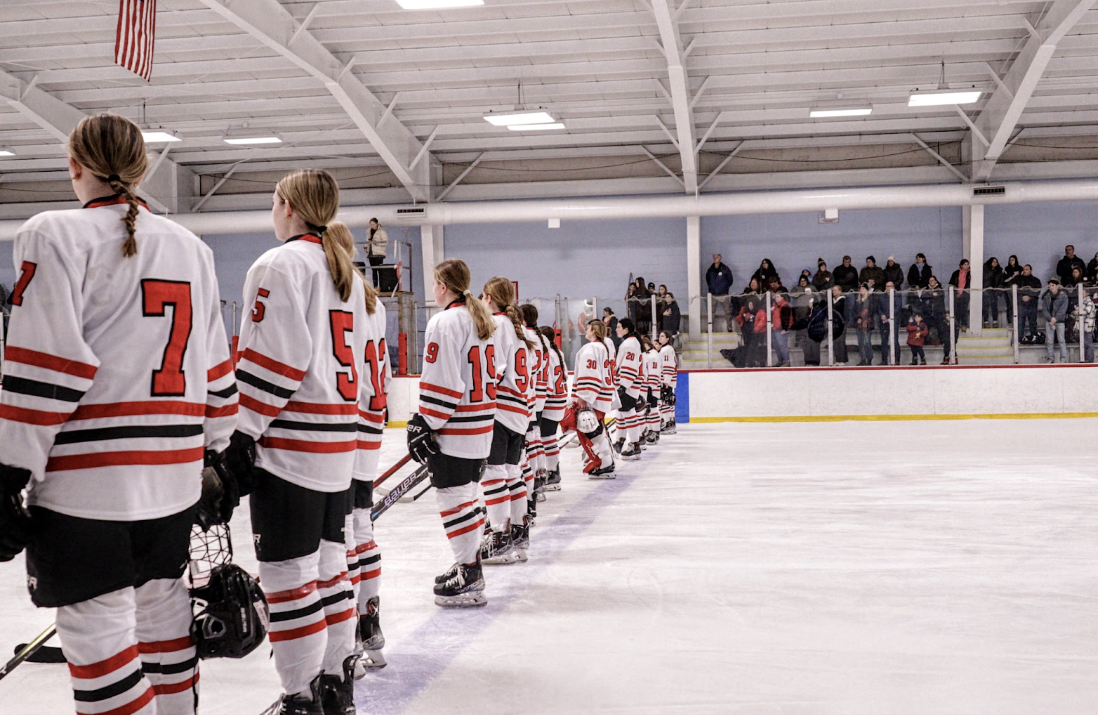Boko Haram Crisis Continues
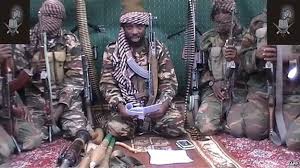
January 30, 2015
The terrorist group Boko Haram currently wreaks havoc across Nigeria. Although an entire city has been burned to the ground; most Americans seem to know more about a football being deflated than the thousands of dead, wounded, missing, or displaced.
Boko Haram came into power as an Islamic state in 2009, and has since been practicing terror tactics on Nigeria, Cameroon, Niger, and Chad. Attacks on the Nigerian public after the 2011 presidential inauguration, the seizure of Nigeria’s Borno state, the capture of 276 schoolgirls, are only the beginnings of their crimes against humanity.
Beginning on January 3, Boko Haram seized the city of Baga. After claiming the local military base, the organization proceeded to burn the city to the ground. What was once a population of about 10,000, has been reduced to almost nothing. Although many escaped, an estimated 2,000 were killed, and many remain missing. The town was incinerated.
More recently, on January 12, the group attack a military base in Cameroon, killing 143 militants and 1 Cameroon soldier. Several more attacks on Cameroon towns have taken place this month, resulting in hundreds of killings and abductions.
Presently, the Nigerian government remains silent. President Goodluck Jonathan refuses to speak about the attacks, and the Nigerian people are outraged. Today, January 29, mobs pelted the president’s convey with stones, angry that he received evident militarized protection, while they had to fend for themselves against the terrorists. A vote for the new president will take place February 14; many would be relieved to find a different leader that gave them hope for more
protection.
American media has remained very quiet about these attacks. Although the death toll of the Baga attack compares to the death toll of the September 11 attacks, Boko Haram is not seen in many headlines. It seems some are more concerned with the possible deflation of a football than the killing of thousands of Africans.






